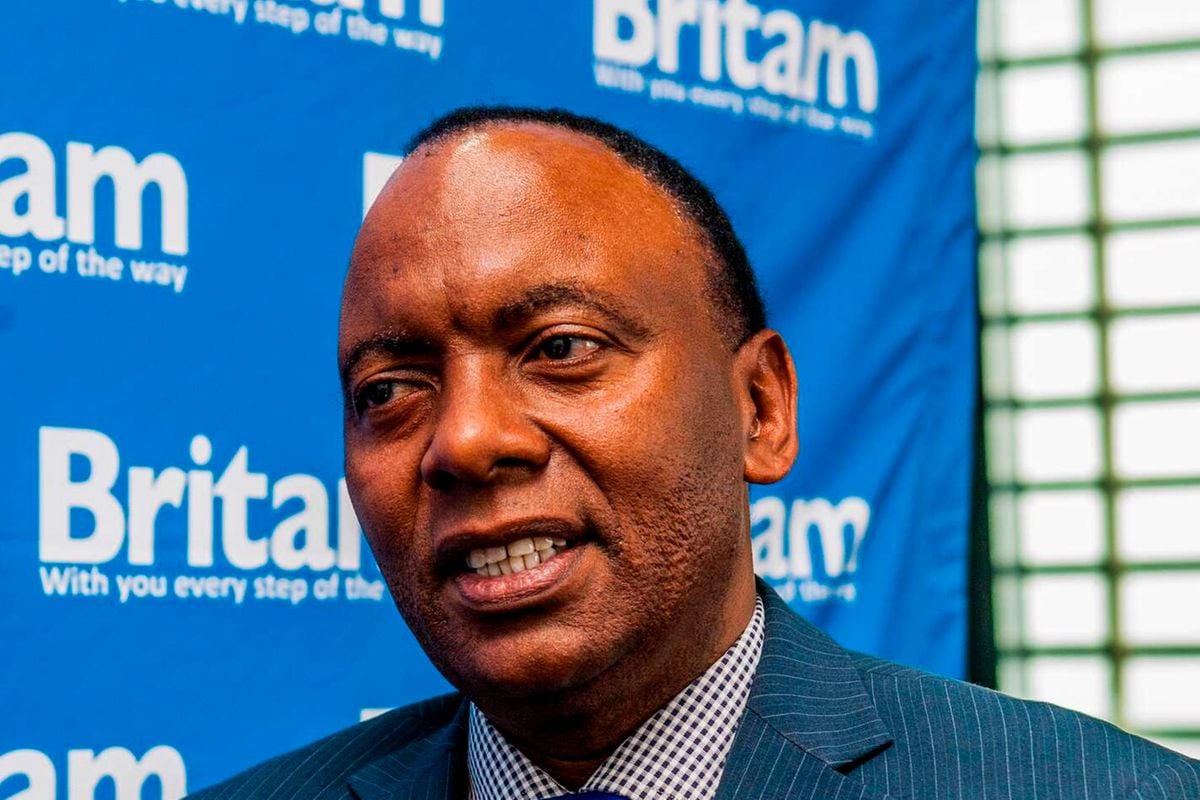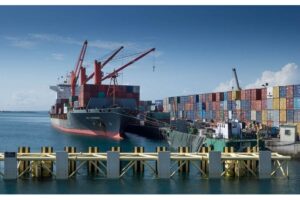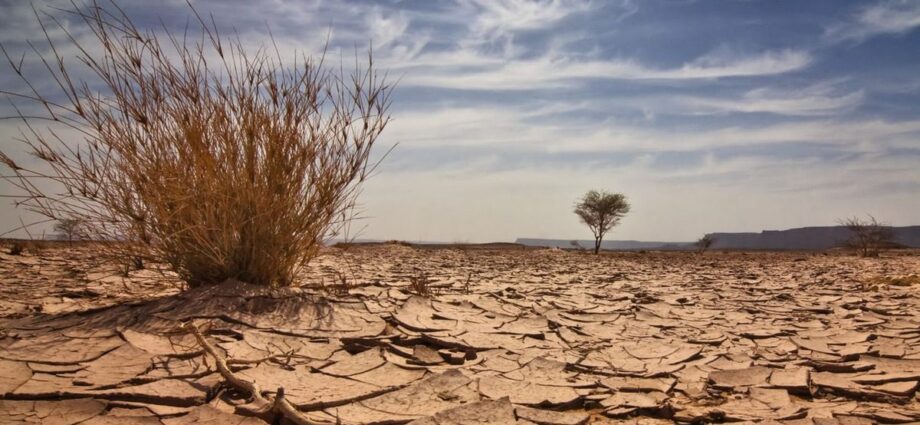As the concentration of greenhouse gases in the atmosphere and air pollution continued to skyrocket, concerns about climate change gained attention. In March 1995, the parties gathered in Berlin for the first Conference of the Parties on Climate Change (COP1) to debate appropriate actions to combat climate change. Two years later, in 1997, 150 countries met in Kyoto, Japan, to discuss mechanisms that would reduce greenhouse gas emissions by the most industrialized countries. This meeting led to the so-called Kyoto Protocol. The Kyoto Protocol required industrialized countries to reduce their emissions by 5% below the level of 1990. Since then, the treaty has been backed up by 191 countries. The United States has not, however, done so.
Other remarkable conferences on climate change were COP15 in Copenhagen in 2009 and COP21 in Paris in 2016. It was during COP15 that the developed and industrialised countries pledged to contribute $100 billion to help developing economies meet their climate targets. COP26 in Paris led to the creation of the Paris Agreement.
The Paris Agreement laid out a clear roadmap for climate action and fostered the fight against climate change through mitigation and adaptation. Furthermore, the fundamental goal of the treaty was to limit the global rise in temperature to under 2°C, preferably to 1.5°C above the pre-industrial level.
After what seemed to be reluctance in implementing the Kyoto Protocol, today the Paris agreement is abided by 194 parties plus the European Union, making a total of 194 parties. After 7 consecutive years of the industrialized parties failing to reach the $100 billion goal, in 2016 the Paris Agreement again endorsed the Copenhagen pledge and the parties recommitted to their $100 billion promise. They pledged to pay for losses and damage caused by climate change in developing countries.
The money was intended to help the least developed countries (mostly in Africa) adapt to the impact of climate change, as they suffer the most even though they have contributed the least to the cause of climate change.
However, the pledge failed.
The Organisation for Economic Co-operation and Development (OECD) reported that rich countries paid $78 billion and $80 billion in climate finance to the least developed countries in 2018 and 2019, respectively. On the contrary, Oxfam estimated that only $19–22.5 billion was given by rich countries between 2017 and 2018 as public climate financing. Oxfam also argued that some industrialized countries incorrectly count development aid as going towards climate projects, hence the figures reported by the OECD. Thence, clear separation of climate funds from development aid is required.
Another remarkable event was COP26, which took place in Glasgow, UK. The uniqueness of COP26 is that it was the first event that allowed parties to come together after the dark period of the COVID pandemic. Initially, it was scheduled to take place in 2020 but was postponed to 2021 as the world was still recovering from the pandemic. Like many other summits, COP26 has had its achievements and setbacks. Some of the achievements include persuading parties to give equal attention and finance to adaptation measures as well as mitigation. Other achievements are the inclusion of oceans as allies in the fight against climate change, building resilience, and helping special groups. Once again, however, even after COP26, the $100 billion was still an illusion.
As we are heading to Sharm El-Sheikh in Egypt for a similar conference of parties, this time happening for the 27th time, the most important question that I wanted us to ask ourselves is: what does COP27 mean to Africa?
As we know, climate change has been caused by an increase in the concentration of greenhouse gases in the atmosphere.
Africa as a continent contributes only 3.7 percent of the total greenhouse gas emissions in the world but suffers the biggest impact of climate change. These effects include, but are not limited to, the increase in global temperature, drought, and extreme weather events. Phenomena such as droughts (rivers and other water sources disappearing), extreme temperatures, and low or heavy rainfalls leading to floods are recurring events in most parts of the continent.
Despite some achievements, COP26 was followed by challenges and complaints, such as the unequal representation of parties from the global south due to various reasons, namely COVID measure restrictions, visa delays, and economic factors, amongst others. Consequently, developing countries missed an equal opportunity in demanding, pressuring industrialized parties to meet their net-zero objectives, increase their nationally determined contributions, and making calls for transparency, full implementation of the $100 billion pledge, and an equal distribution of funds for adaptation and mitigation.
Despite lacking the climate funds designated for loss and damage, African countries are doing better in the implementation of their nationally determined contributions (NDCs) as well as keeping their emissions low. For example, Tanzania, as one of the parties to the Paris Agreement, requires $500 million per year for the implementation of its nationally determined contribution. Supposedly, if industrialized countries commit fully to their pledge, 1% of the $100 billion, which amounts to $1 billion, could help Tanzania address the impacts of climate change to a large extent. Climate change has tremendously crippled the agricultural sector, caused droughts and water security problems, and had other negative impacts across the country. Furthermore, the funds could help the country undertake a smooth energy transition from the use of charcoal and firewood to clean and sustainable energy for cooking.
Like in many other countries, the failure of the industrialized nations to meet their $100 billion pledge does not only obstruct the realization of Tanzania’s NDC but also destabilize the country’s budget since that money has to come from other sectors and hence causes gaps.
As COP27 will be taking place on African soil, it offers African nations an opportunity to foster full participation in the event. Therefore, COP27 means African presence in masses and effective participation.
COP27 means supporting the parties to the Convention, the African Group of Negotiators (AGN), NGOs, agencies, and government representatives to take part in the main event and all side events through which negotiations and decisions are made.
COP27 means showing the loss and damage caused by climate change to our environment, to humans, and to animals. COP27 means showcasing how Mount Kilimanjaro’s glaciers have melted away dramatically due to the temperature rise.
With coal-fired power plants restarted in developed countries, the current situation has taught us that industrialized countries are keen to defend their energy security with all forces at the cost of climate change. It has taught us renewables are good but are far from reaching their full potential. Now, COP27 means climate justice; it has to mark an end to what is so-called “bla bla.”
The continent has the fastest-growing population and an emerging economy, which will necessitate an adequate energy supply. With the advancement of carbon capture technologies, COP27 for Africa means giving a clear and fair road map on how the continent will utilize its huge resources and exploit its fossil fuel reserves so as to empower its people and lift them from poverty, and at the same time respect and protect the environment. COP27 means a turning point for Africa. That is what COP27 means for Africa.
Share this news
This Year’s Most Read News Stories

Britam half-year net profit hits Sh2bn on higher investment income

Insurer and financial services provider Britam posted a 22.5 percent jump in net earnings for the half-year ended June 2024, to Sh2 billion, buoyed by increased investment income.
The rise in half-year net profit from Sh1.64 billion posted in a similar period last year came on the back of net investment income rising 2.5 times to Sh13.27 billion from Sh5.3 billion.
“We are confident in the growth and performance trend that Britam has achieved, supported by its subsidiaries in Kenya and the region. Our business is expanding its revenue base while effectively managing costs,” Britam Chief Executive Officer Tom Gitogo said.
“Our customer-centric approach is fueling growth in our customer base and product uptake, particularly through micro-insurance, partnerships, and digital channels.”
The investment income growth was fueled by interest and dividend income rising 34 percent to Sh9.1 billion, which the insurer attributed to growth in revenue and the gains from the realignment of the group’s investment portfolio.
Britam also booked a Sh3.79 billion gain on financial assets at a fair value, compared with a Sh1.8 billion loss posted in a similar period last year.
The increased investment income helped offset the 12.7 percent decline in net insurance service result to Sh2.13 billion in the wake of claims paid out rising at a faster pace than that of premiums received.
Britam said insurance revenue, which is money from written premiums, increased to Sh17.8 billion from Sh16.6 billion, primarily driven by growth in the Kenya insurance business and regional general insurance businesses, which contributed 30 percent of the revenue.
The group has a presence in seven countries in Africa namely Kenya, Uganda, Tanzania, Rwanda, South Sudan, Mozambique, and Malawi.
Britam’s insurance service expense hit Sh13.6 billion from Sh11.3 billion, while net insurance finance expenses rose 2.6 times to Sh12.3 billion during the same period.
“Net insurance finance expenses increased mainly due to growth in interest cost for the deposit administration business driven by better investment performance. This has also been impacted by a decline in the yield curve, which has led to an increase in the insurance contract liabilities. The increase has been offset by a matching increase in fair value gain on assets,” said Britam.
Britam’s growth in profit is in line with that of other Nairobi Securities Exchange-listed insurers, which have seen a rise in profits.
Jubilee Holdings net profit in the six months increased by 22.7 percent to Sh2.5 billion on increased income from insurance, helping the insurer maintain Sh2 per share interim dividend.
CIC Insurance Group posted a 0.64 percent rise in net profit to Sh709.99 million in the same period as net earnings of Liberty Kenya nearly tripled to Sh632 million from Sh213 million, while Sanlam Kenya emerged from a loss to post a Sh282.2 million net profit.

Mwinyi lashes out at Zanzibar Airport, Port inefficiency claims
Zanzibar President Hussein Mwinyi has lashed out at the Opposition ACT Wazalendo, saying that the claims it raised about inefficiency in three areas within his Government were only meant to mislead the publicContinue Reading

Zanzibar, Tanzania: Inflation hits five-year high
With Covid-19 and the war in Ukraine being blamed after inflation in Tanzania and Zanzibar rose to 4.5 this year and is climbing – the highest rate since November 2017Continue Reading











